In a bold move for enhancing online privacy, Microsoft has announced that Internet Explorer 10 in the Windows 8 Release Preview will have Do Not Track (DNT) enabled by default. Microsoft is claiming that Internet Explorer 10 is the first web browser to have DNT enabled by default, and it is still changeable by users if they so desire DNT to be disabled.
Do Not Track was added to Internet Explorer 9 in 2011 as a means of telling websites to not track a user's movements and actions on other websites; information which could be used to target advertising among other things. In an ideal world, when a website receives the DNT signal it will disable tracking cookies and other nasty tracking tools so that outside of the website, the user cannot be tracked or targeted. Unfortunately websites have to add support for DNT signals, which is a problem Microsoft has highlighted.
As there is no "agreed definition" on responding to a DNT signal currently, Microsoft is throwing around their weight to ensure that advertising networks including their own respect DNT and disable tracking methods. On Microsoft's first-party network they aim to treat it as an opt-out to behavioral advertising, which should disable tracking cookies and other forms of cross-website monitoring. Currently (and somewhat ironically) Microsoft does not respond to the DNT signal, although they are planning support "in the coming months".
So while the Do Not Track signal being enabled by default in Windows 8's Internet Explorer 10, it still faces some hurdles before it becomes a great online privacy tool; but as Microsoft puts it, it's an "important step in this process of establishing privacy by default, putting consumers in control and building trust online".
Source: Microsoft On The Issues
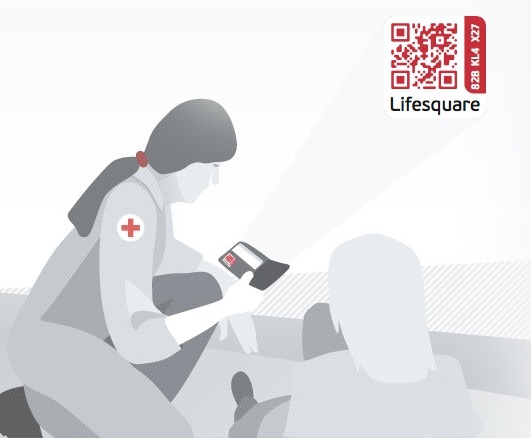








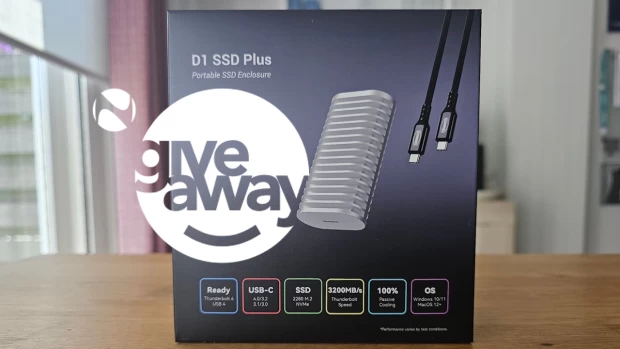
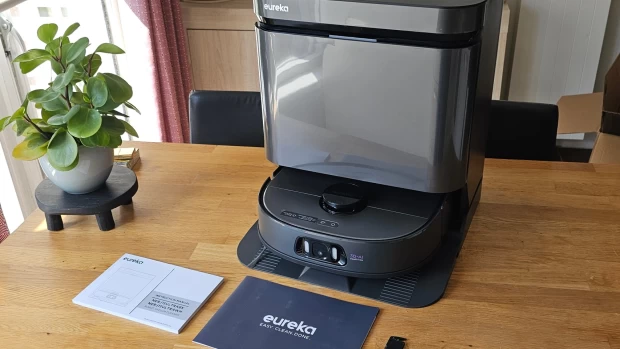

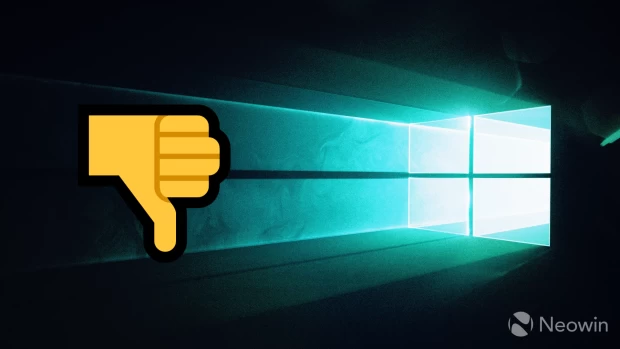



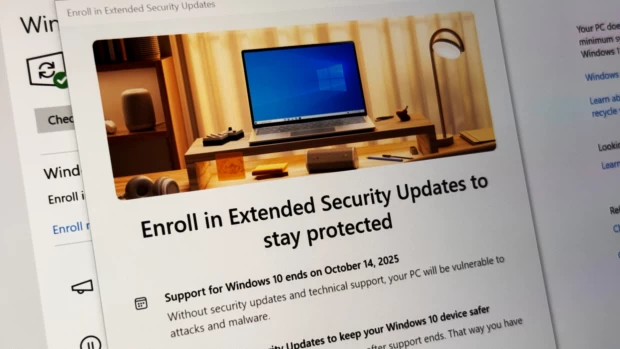




10 Comments - Add comment